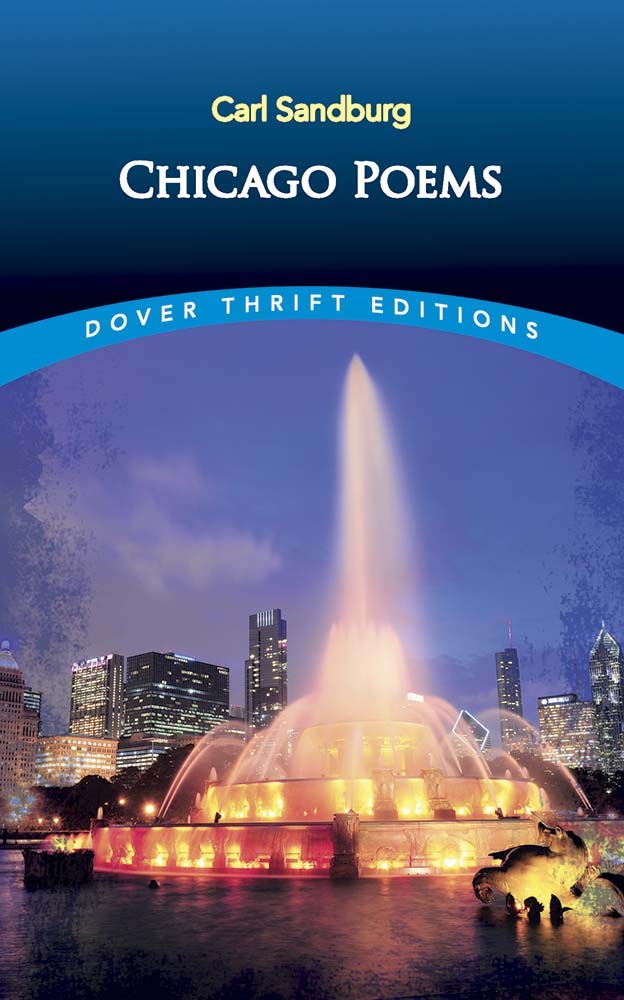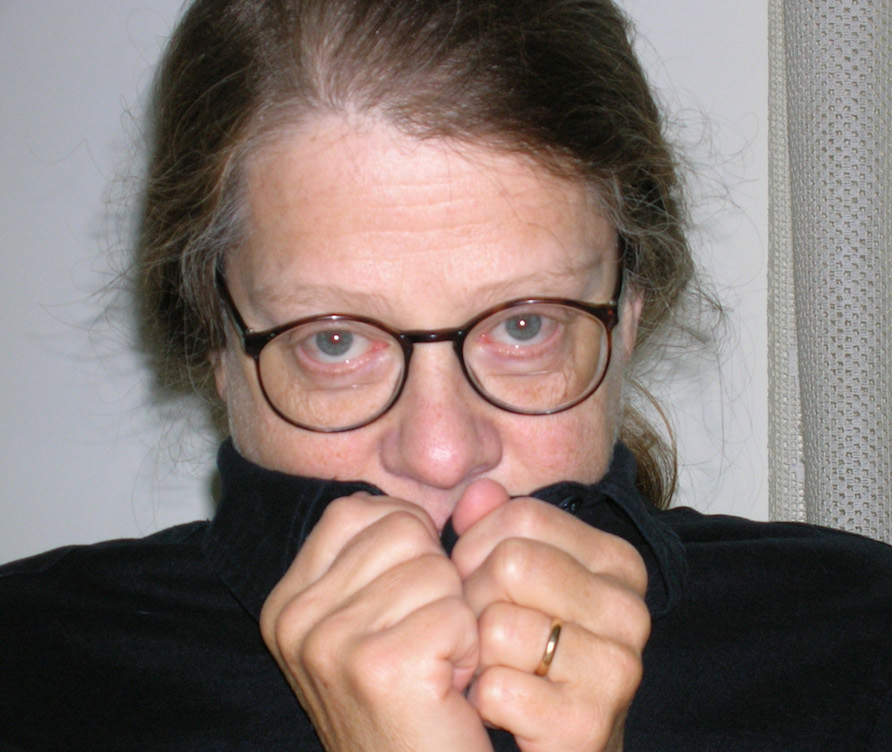Carl Sandburg is not high on the literary food chain these days but when I was a teenager falling in love with poems, I was all over that work. He was still alive, though an old guy. But we were both from Illinois, and my much-loved old grandparents in whose downstate house I spent a lot of my summers equaled, in my mind, the world Sandburg wrote of—prairie and cornfields, a single-street downtown, a county courthouse with its civil war cannon rusting out front. In short, the Midwest, not a place I ever saw in the everything else I was reading, really inhaling: dumb novels and smart ones, other poems, the backs of cereal boxes, breathless or matter-of-fact notes and shopping lists left behind on the pavement by strangers, etc.
Sandburg’s first book, his Chicago Poems, was a favorite, many of its pieces initially published in Poetry, and I’m still amused and thrilled when I think of his biographical note in those early issues like Carl Sandburg is a bricklayer in Chicago. “Look under something,” my mother always advised though
that usually was aimed at lost keys. Here is Sandburg’s 1916 poem—
LIMITED
I am riding on a limited express, one of the crack trains of the nation.
Hurtling across the prairie into blue haze and dark air go fifteen all-steel coaches
holding a thousand people.
(All the coaches shall be scrap and rust and all the men and women laughing in the
diners and sleepers shall pass into ashes.)
I ask a man in the smoker where he going and he answers: “Omaha.”
Why this poem in his first book was the kicker for me, I’m not sure; it does befit a classic teen angst and what-do-you-shallow-grown-ups-know-about-life? But I imagine it set down certain angles of vision toward poetry itself for me, that there are two worlds, seen and unseen; what’s right now but how time will alter that; the cheap bangles over what’s genuine (my mother’s look under something, abruptly widened).
There are more technical gifts too. You can use the immediate present tense to keep this going forever; that real life details can be crucial and poignant. A solid first person speaker lives in, and guides Sandburg’s poem which is both contained and expansive in its imagery, those steely trains so tightly made crossing a continent of grassland and farms and woods and cities and poverty and fortune. There’s thinking (via assertion and the underground parenthetical) and conversation in the piece, a sense of myth and miraculous in the ordinary, rust and ashes waiting in what is snappy-fast and gleaming. Nothing is as it seems. Anyway, poems can’t just lolly-gag around, being sensitive and emoting (at sixteen, I was already good at those). At the very least, they can get dramatic, ie: something happens in, and to the world in them.
Quite a bit of doing for a mere six lines! And of course (loved by adolescents, and grown-ups alike) irony in every word, especially the last one—“Omaha”—admittedly overwrought, lowered like the proverbial boom, a punchline though heavy-ominous, not funny. It became a thing, a nod, a side-eye between the like-minded. In certain unbearable situations, a friend and I would look at each other and one of us would say Omaha. So the secret life is shared.
Although he worked all manner of jobs—including social reformer, journalist (his coverage of the 1919 Race Riots was honored by the NAACP), award-winning biographer of Lincoln—now, in spite of his two Pulitzer Prizes in poetry, we think of his poems as somewhat squishy, overly romantic, his ambition toward the epic and the American dream, a knock-off of Whitman and his open arms, a poet of another age. But I keep a postcard of him pinned to our kitchen bulletin board, a wonderful picture of a young Sandburg and his wife, Lilian, taken by her brother, the revered early 20th century photographer, Edward Steichen, given to me by my brother. I like to look at it now and then. I like to be reminded.




